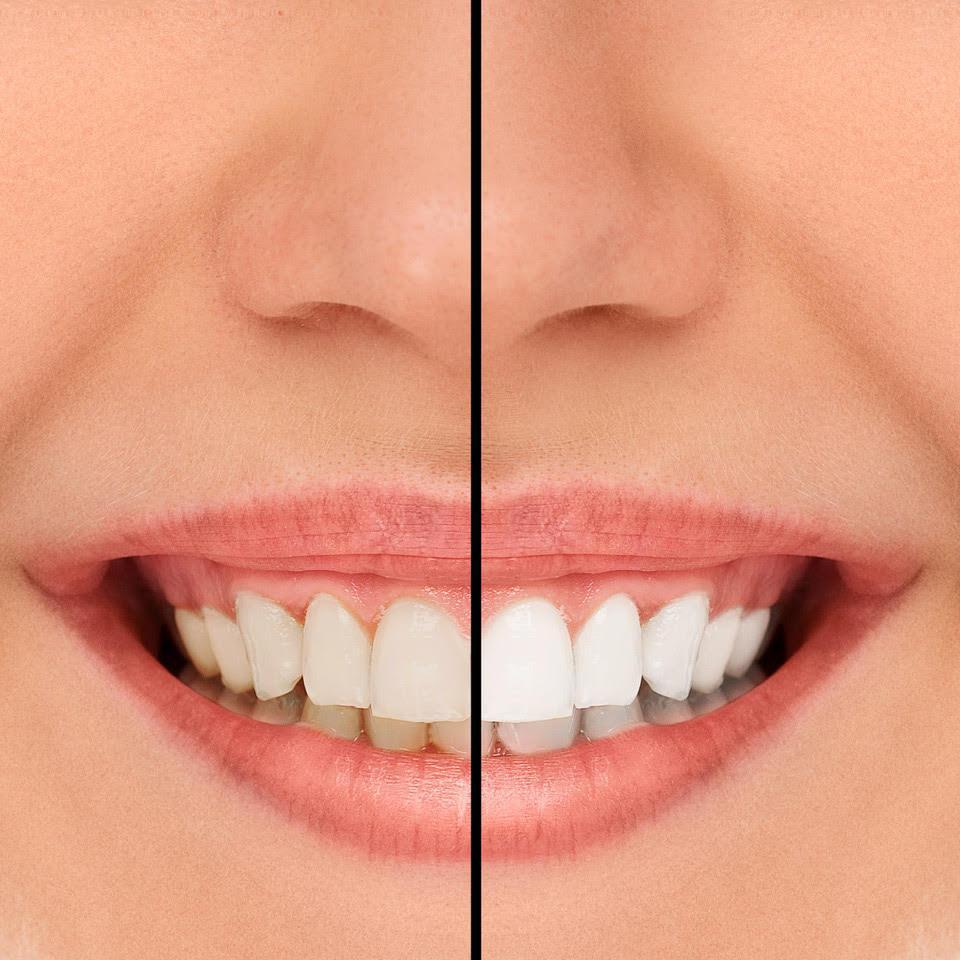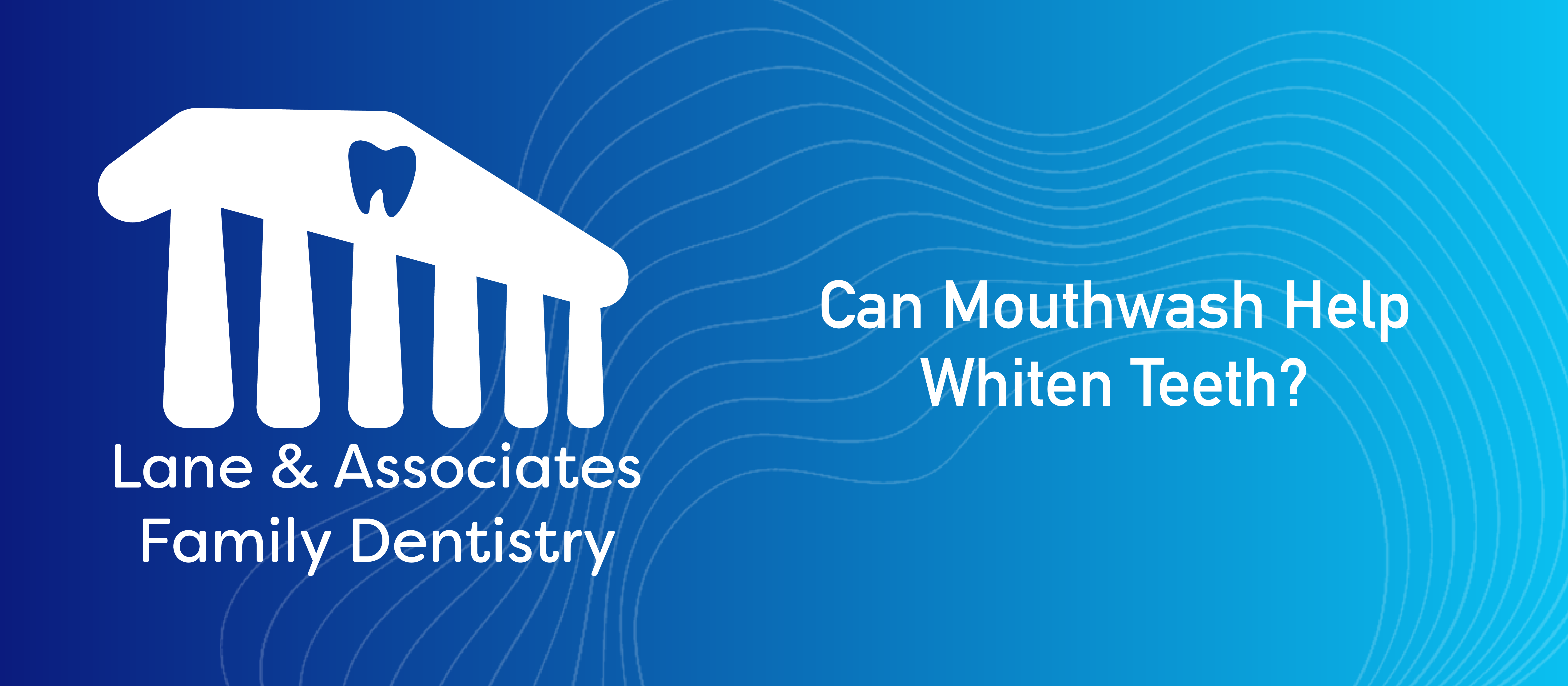A bright, white smile is something that many people desire. There are numerous products on the market that claim to whiten teeth, from whitening toothpaste to at-home whitening kits. However, one product that is often overlooked when it comes to teeth whitening is mouthwash. So, can mouthwash help whiten teeth? In this article, we will explore the answer to this question and provide some additional information about teeth whitening and oral hygiene.
What Causes Teeth to Yellow or Stain?
To understand whether mouthwash can help whiten teeth, it is important to first understand what causes teeth to yellow or stain. There are several factors that can contribute to tooth discoloration, including:
- Food and drink: Certain foods and drinks, such as coffee, tea, red wine, and dark berries, contain pigments that can stain teeth.
- Tobacco use: Smoking or using other tobacco products can cause teeth to yellow or become stained.
- Aging: As we age, the outer layer of tooth enamel can wear away, revealing the natural yellow color of the underlying dentin.
- Poor oral hygiene: Failing to brush and floss regularly can lead to a buildup of plaque and tartar, which can cause teeth to appear yellow or discolored.
Can Mouthwash Help Whiten Teeth?
While mouthwash is primarily designed to freshen breath and kill bacteria, there are some types of mouthwash that may be able to help whiten teeth. Whitening mouthwashes typically contain hydrogen peroxide, which is a bleaching agent that can help to remove surface stains from the teeth.

However, it is important to note that the effectiveness of whitening mouthwash can vary depending on the severity of the staining or discoloration. For mild surface stains, a whitening mouthwash may be able to help lighten the teeth slightly. However, for more significant discoloration or yellowing, a more intensive teeth whitening treatment may be necessary.
In addition, it is important to choose a whitening mouthwash that has been approved by the American Dental Association (ADA). The ADA Seal of Acceptance ensures that the product has been rigorously tested and meets the organization’s standards for safety and effectiveness.
Other Teeth Whitening Options
If you are looking for a more intensive teeth whitening treatment, there are several other options available:
- Whitening toothpaste: Many toothpastes contain mild abrasives that can help to remove surface stains from the teeth. However, they are typically not as effective as other whitening treatments.
- At-home whitening kits: At-home whitening kits typically contain a bleaching gel that is applied to the teeth using a tray or strips. These products can be effective at removing surface stains and lightening the teeth, but may cause sensitivity or other side effects.
- In-office whitening treatments: If you are looking for the most dramatic results, an in-office whitening treatment may be the best option. These treatments typically involve the use of a high-concentration bleaching gel that is applied to the teeth by a dental professional.
Maintaining Good Oral Hygiene
Regardless of the teeth whitening treatment you choose, it is important to maintain good oral hygiene practices to keep your teeth healthy and clean. This includes:
- Brushing twice a day with fluoride toothpaste.
- Flossing once a day to remove plaque and food particles from between the teeth.
- Using mouthwash to kill bacteria and freshen breath.
- Visiting your dentist for regular cleanings and checkups.
By taking care of your teeth and gums, you can help to prevent tooth discoloration and other oral health issues.
In conclusion, while mouthwash may be able to help whiten teeth to some extent, its effectiveness is dependent on the severity of the staining or discoloration. If you have mild surface stains, a whitening mouthwash may be able to help. However, for more significant discoloration, other teeth whitening options may be more effective. It is important to choose a whitening mouthwash that has been approved by the ADA and to follow the instructions carefully.
Regardless of the teeth whitening method you choose, it is important to maintain good oral hygiene practices to keep your teeth healthy and clean.


